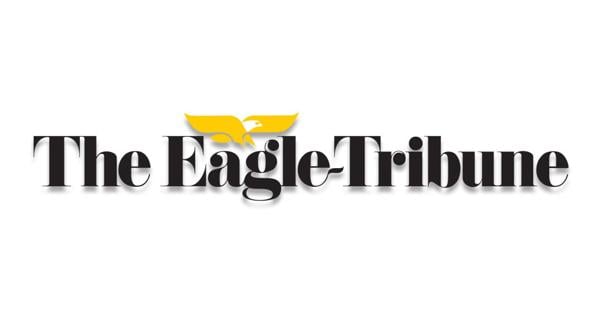Corporate CMOs Jump to Sports Teams, Transforming Industry Fast

URGENT UPDATE: A revolutionary shift is underway as top corporate Chief Marketing Officers (CMOs) abandon Fortune 500 boardrooms for the dynamic world of professional sports. In a stunning trend, 67% of new CMOs in sports organizations in 2025 were hired from outside the industry, according to new data from executive search firm Taligence.
This migration is not just about passion; it’s reshaping how sports franchises operate, as they seek to globalize and diversify revenue streams beyond ticket sales. The implications are profound, as these executives bring expertise in consumer engagement rather than traditional sports marketing.
For example, Radhika Duggal, who became CMO of Major League Soccer in April 2024, transitioned from a corporate environment at JPMorgan Chase. She noted the stark differences: “At JPMorgan, the office has something like 19 restaurants in the building. We don’t have that, and I didn’t expect it.” Yet, Duggal appreciates the collaborative energy and immediate impact she now experiences in her role.
This trend highlights the increasing demand for sophisticated brand-building strategies as leagues like MLS and the WNBA expand. The need for agility in marketing is crucial. Whitney Bell, CMO of the WNBA‘s Toronto Tempo, emphasized that the fast-paced nature of sports requires quick decision-making, contrasting sharply with her previous experience at Unilever, where approvals took much longer.
The shift also poses challenges. Many executives are unprepared for the relentless schedule of sports seasons, which often disrupts work-life balance. For instance, Katie Nahoum, CMO of the New York Red Bulls, shared her experience transitioning from luxury goods to sports, stating, “You have a season that’s running from February to December—that’s a lot of endurance.” This demanding calendar can strain personal commitments, especially for those with families.
The ongoing influx of talent is driven by new properties seeking to build brands from the ground up. Ahmed Iqbal, who took over as CMO of Cadillac Formula 1 in October 2025, aims to revolutionize the sport’s image in America, leveraging his background in tech to create a “social-first, fan-first” brand.
However, the transition is not without risks. The clash between corporate discipline and the chaotic nature of sports can lead to friction and turnover. Adam Harter, who joined LIV Golf in May 2024, faced challenges reconciling immediate revenue generation with long-term brand building, ultimately leading to his departure in September 2025.
As the sports industry continues to evolve, the role of marketers is becoming more complex and demanding. Allie Crone of TurnkeyZRG notes that these positions are “high-profile” but come with intense scrutiny from fans, far more vocal than traditional shareholders.
For those who successfully navigate this transition, like Duggal, Bell, Nahoum, and Iqbal, the rewards are significant. They find themselves in careers that feel less like jobs and more like lifestyles, where their efforts are celebrated by thousands in real-time.
As this trend accelerates, the definition of a “sports executive” continues to evolve, merging the passion of sports fandom with the rigor of corporate strategy. Keep an eye on this developing story as the landscape of professional sports marketing transforms.






